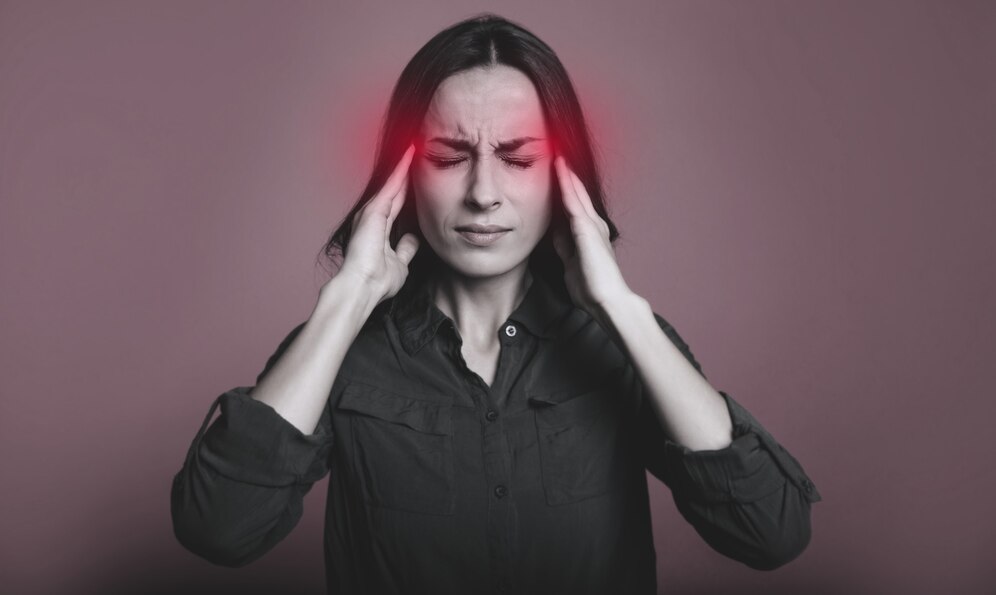
Common Causes Of Dizziness And How To Address Them
Dizziness can be a disorienting and unsettling sensation, affecting individuals of all ages. It can have various causes, ranging from inner ear disorders to medication side effects or dehydration. Understanding the underlying reasons behind dizziness is crucial for finding effective ways to address and manage it.
In this blog post, we will explore common causes of dizziness and discuss strategies to address each one. By identifying the root causes and implementing appropriate measures, individuals can regain their balance, reduce dizziness episodes, and improve their overall well-being.
Inner Ear Disorders

Disorders of the inner ear, such as Benign Paroxysmal Positional Vertigo (BPPV), Meniere’s disease, and labyrinthitis, can cause dizziness. These conditions disrupt the balance and equilibrium mechanisms within the inner ear. Treatment options may include vestibular rehabilitation exercises to retrain the brain, medication to alleviate symptoms, or in some cases, surgical interventions to correct underlying issues.
Medications
Taking medication for various health issues is common in today’s world. However, some medications can have unexpected side effects, and one of the most common is dizziness. If you’re feeling dizzy after taking certain medications for your blood pressure, anxiety, or pain management, it’s important to speak to your healthcare provider.
They can assess your symptoms and review your medications to make any necessary adjustments. In some cases, your provider may suggest alternative medications with fewer dizziness-related side effects. Don’t hesitate to reach out to your healthcare provider to address any concerns you may have about medication and side effects.
Chronic Fatigue Syndrome
Dizziness can be a disorienting and unpleasant sensation, and one potential cause of this symptom is chronic fatigue syndrome. This condition is characterized by extreme fatigue, often accompanied by other symptoms such as muscle pain, difficulty concentrating, and mood swings. While the exact cause of chronic fatigue syndrome is not yet fully understood by medical experts, it is believed to be related to problems with the immune system or the nervous system.
People who suffer from chronic fatigue syndrome may experience dizziness, particularly when they stand up quickly or move their heads suddenly. Treatment for this condition may involve lifestyle changes, such as getting more rest and managing stress, as well as medication to alleviate symptoms.
Dehydration
Inadequate fluid intake can lead to dehydration, which can cause dizziness. Dehydration reduces blood volume and affects blood flow to the brain. Maintaining proper hydration by drinking sufficient water throughout the day is essential. It is especially important during hot weather or when engaging in physical activities that cause excessive sweating.
Orthostatic hypotension
Orthostatic hypotension refers to a sudden drop in blood pressure upon standing up. This can result in dizziness. Lifestyle modifications such as rising gradually from a seated or lying position and avoiding sudden movements can help manage orthostatic hypotension. Staying hydrated is also important in maintaining blood pressure stability.
Anemia
Iron-deficiency anemia can lead to dizziness due to reduced oxygen supply to the brain. Addressing the underlying cause of anemia, such as iron deficiency, and incorporating iron-rich foods or supplements as advised by a healthcare professional can help improve symptoms. Regular blood tests and close monitoring are essential to ensure proper management.
Hypoglycemia
Low blood sugar levels, often experienced by individuals with diabetes or those taking certain medications, can cause dizziness. Maintaining stable blood sugar levels by eating regular, balanced meals and monitoring blood sugar as directed by a healthcare professional is important in preventing hypoglycemic episodes and associated dizziness.
Anxiety And Panic Disorders
Intense anxiety or panic attacks can trigger dizziness as a physiological response. Managing anxiety through therapy, relaxation techniques, stress reduction methods, and developing healthy coping mechanisms can help alleviate dizziness symptoms. Seeking professional help, such as cognitive-behavioral therapy (CBT), can be beneficial in managing anxiety-related dizziness.
Migraines
Migraines are severe headaches often accompanied by dizziness or vertigo. Identifying triggers and managing migraines through lifestyle modifications, stress reduction, regular sleep patterns, and potentially medication prescribed by a healthcare provider can help reduce the frequency and severity of dizziness associated with migraines.
Conclusion
Dizziness can have various causes, and addressing each underlying condition is essential in effectively managing and reducing dizziness episodes. By seeking appropriate medical guidance, implementing lifestyle modifications, and following recommended treatment strategies, individuals can regain their balance and enjoy improved overall well-being. Remember, it’s important to consult with a healthcare professional for accurate diagnosis and personalized recommendations.
Read Also:



















Post Your Comment